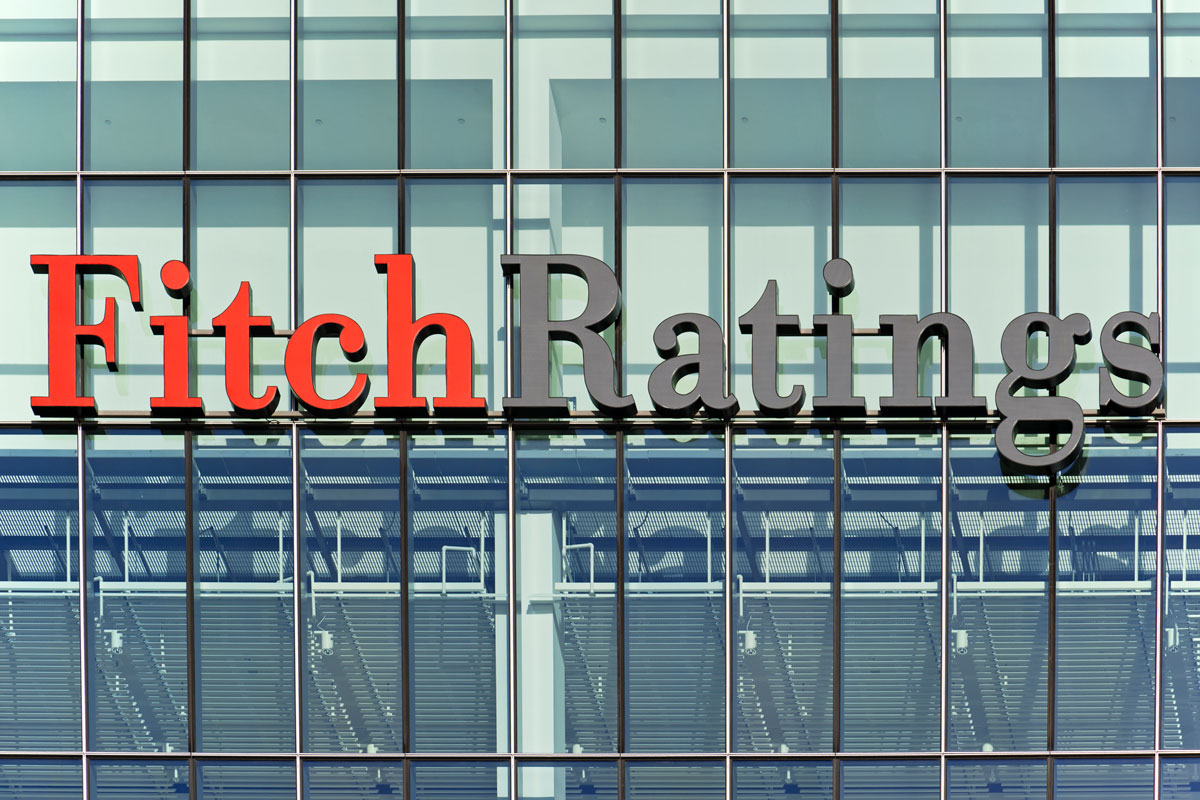Fitch Ratings increases India’s growth forecast for current fiscal to 7.2% from 7%
For the fiscal years 2025-26 and 2026-27, Fitch projected growth rates of 6.5 per cent and 6.2 per cent, respectively.
Fitch said India’s auto demand continues to face several challenges, while it forecasts overall industry volume to decline over 20 per cent.

Fitch Ratings (Photo: iStock)
Even though the sharp slide in automobile sales witnessed during April-June 2020 slowed in July, demand conditions remain uncertain in India, Fitch Ratings said on Tuesday.
The ratings agency said the ease in sales contraction during July could reflect the release of pent-up demand, following the gradual easing of restrictions to contain the coronavirus pandemic.
Advertisement
It said India’s auto demand continues to face several challenges, while it forecasts overall industry volume to decline over 20 per cent in the financial year to June 2021 (FY21).
Advertisement
Furthermore, Fitch said the forecast could be revised downwards, if the extent and magnitude of the pandemic are “worse than we expect”.
“The economic fallout from the pandemic exacerbated the weak consumer sentiment that was dampened by the higher cost of ownership under BS6 – a more stringent emission framework adopted from April 2020,” Fitch Ratings said in a statement.
“This is likely to constrain demand from first-time car buyers as well as upgraders, despite their preference for private transportation due to hygiene reasons.”
Besides, it pointed out that likely curtailment in private and public investments will weigh on demand for commercial vehicles (CVs), particularly medium and heavy commercial vehicles (MHCVs), which are used in more cyclical end-markets.
“The pandemic has also reduced the availability of financing as lenders exercise caution, particularly to weaker borrowers that form a significant customer base for CVs,” the statement said.
Additionally, it said the monthly sales volume, particularly in passenger vehicles (PV), improved markedly in July, benefiting from gradual easing in the government’s stringent lockdown measures that were imposed in the last week of March.
Nonetheless, PV volumes remained lower on a YoY basis.
Advertisement